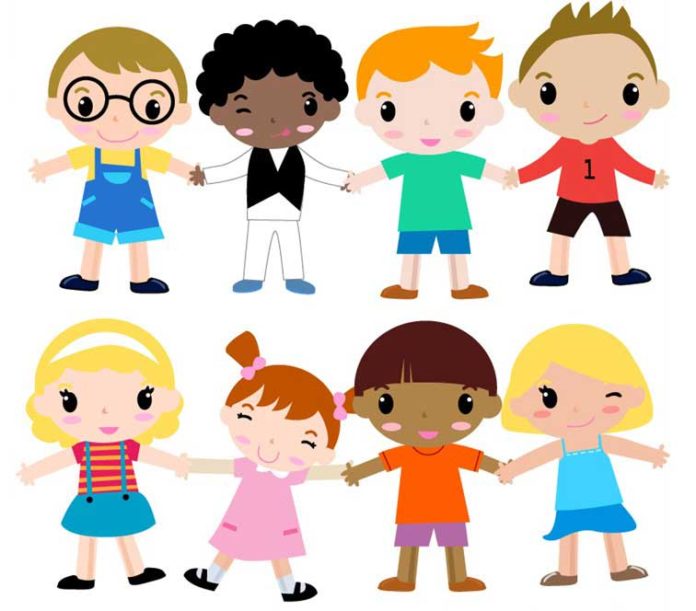Kids may have the same test scores and same social background, but the school they attend determines whether they’ll get a disability classification, suggests a new study by the Portland State University. The probability of a kid being grouped with an educational disability relies upon the attributes of their school and how different they are from their friends.
For the study, scientists used annual child- and school-level data from 378,919 children in a large urban school district between 2006 and 2012 to investigate contextual reliability in the designation of cognitive health conditions. This study’s findings suggest the likelihood of designation is higher in schools with more resources, controlling on student-level differences.
Dara Shifrer, the study’s lead author and an assistant professor of sociology in PSU’s College of Liberal Arts and Sciences said, “The disability classifications are inconsistent and subjective. Their peers think differently of them, their teachers think differently of them, they think differently of themselves because people interpret these as biological diagnoses. But what our study shows is that they’re based on things that are socially rooted and subjective. … No one should feel like this is a firm statement on what this child is capable of or what their trajectory should be.”
Students who are distinctive relative to their peers have a greater likelihood of being classified with a disability. For instance, a low-achiever in a higher-accomplishing school is bound to be named crippled than a low-achiever in a lower-achieving school.
Among children with similar accomplishment levels, black children in schools with a lower extent of dark classmates are bound to be classified as disabled than black kids in schools with a higher extent of black classmates. The equivalent is valid for English language students.
Shifrer said this suggests that educators may act on subjective perceptions or even bias rather than objective indicators like test scores, or are less prepared to support the learning struggles of these students when there are fewer like them in the student body.
The study also found that children are more likely to be classified if they attend schools with a higher teacher-to-student ratio or a wealthier student body population. This may be because teachers are able to devote more time and attention to individual students and go through the special education process, or that parents in those schools are more likely to advocate for disability designations that would benefit their children.
The study, published in the journal Society and Mental Health.
